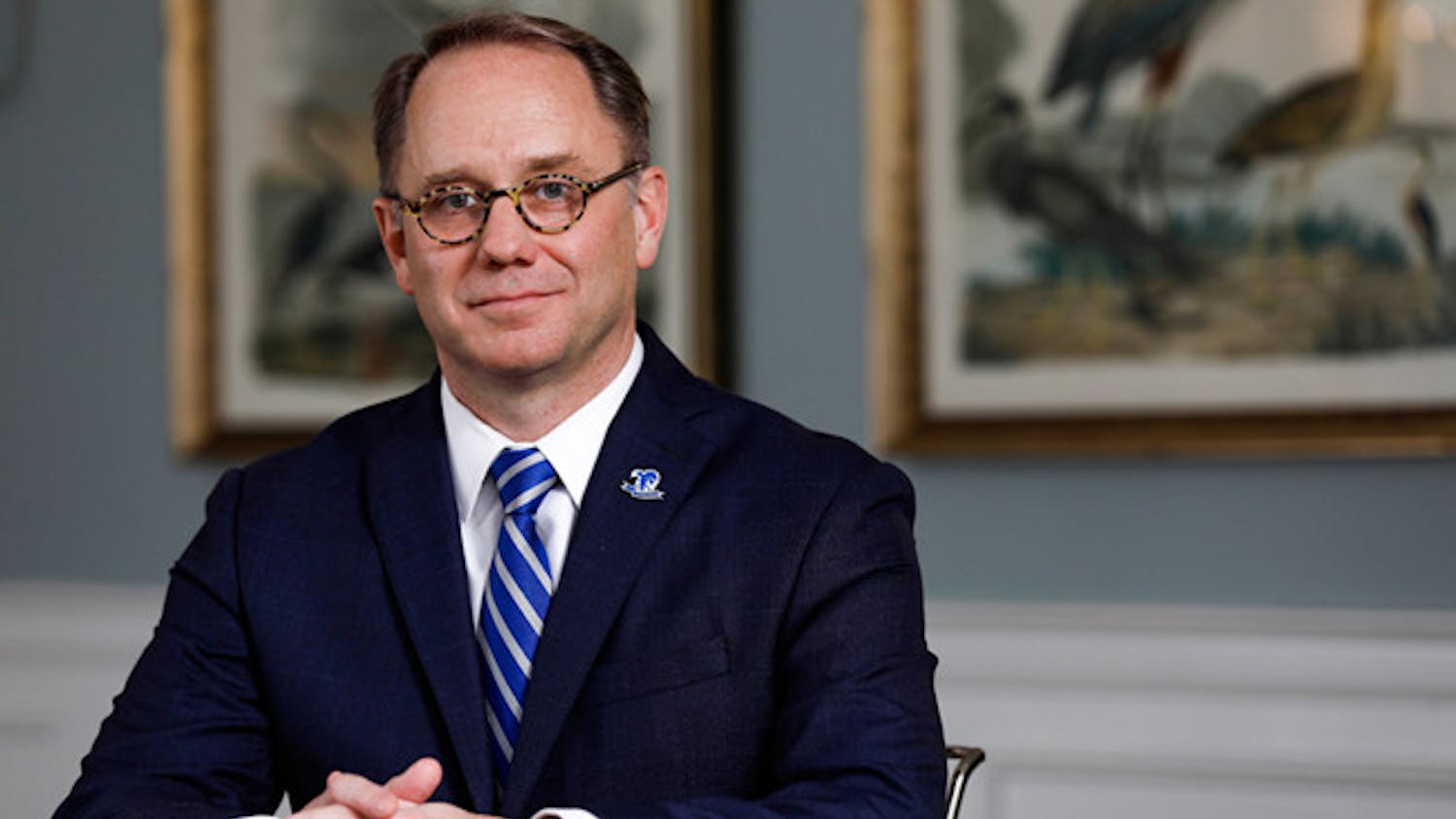With the University’s decision to shift to online learning for the remainder of the Spring semester, students throughout the United States are adapting to virtual classrooms while adjusting to being back home.

In New Jersey, Governor Phil Murphy instituted a stay-at-home executive order effective March 21. As of March 24, 16 other states have implemented a statewide executive action to stymie spread of COVID-19, or novel coronavirus, according to The New York Times.
Amid these new regulations, students and their families have had to make lifestyle changes.
In Wisconsin, sophomore nursing major Annemarie Ryan said all restaurants and bars have shut down. The state has instituted social distancing measures which include limiting social gatherings to less than 10 people. Moreover, the state provides drive through virus screenings with a doctor’s referral, according to Ryan.
With the tremendous attention on COVID-19, Ryan said many people from her state are complying with the directives to remain at home. Nevertheless, Ryan is still a student and is attempting to maintain a sense of normalcy.
“I have to be considerate of the one-hour time difference for my classes but other than that I have been trying to carry out my day to day routine,” Ryan said. “It’s difficult to focus with my family all home as well, but we’re making do.”
She said her mother has tried to implement a family routine to their daily schedules, but it has not fared well.
“We are all trying to figure out our adjustments separately,” Ryan said. “My sisters are both home. My brothers, who are older, have stayed in their own living quarters to minimize the number of our family in close quarters.”
Junior IT management major Megan Snipes has had to adjust her daily schedule to the confines of her home in Maui, Hawaii.
Snipes said that her state has placed a two-week quarantine on any resident or tourist coming into Hawaii beginning March 26. The state has also asked restaurants to switch to take out only. Additionally, Snipes said all federal, state and county parks are closed, and all non-essential employees have been told to stay home.
In her community, she said people have had mixed reactions to the pandemic.
“There are some people who take this seriously and abide by all the new guidelines,” Snipes said. “On the other hand, some people take it nonchalantly and downplay what is going on.”
With the move back to Hawaii, it has been particularly difficult for her to maintain a normal schedule since there is a six-hour time difference between Maui and South Orange.
“I have to wake up at 5 a.m. HST [Hawaii Standard Time] for my 11 a.m. EST [Eastern Standard Time] class,” Snipes said. “I’ve emailed my professors to warn them that my assignments may be a couple hours late.”
Moreover, Snipes said that her family wanted her to come home immediately due to the possibility of cancelled flights. She said her family has been buying more food than usual because the island could face delays or shortages in shipments.
Snipes said, “We rely heavily on outside sources which makes this situation a hundred times more difficult than what people face on the mainland.”
Thomas Schwartz can be reached at thomas.schwartz@student.shu.edu.





